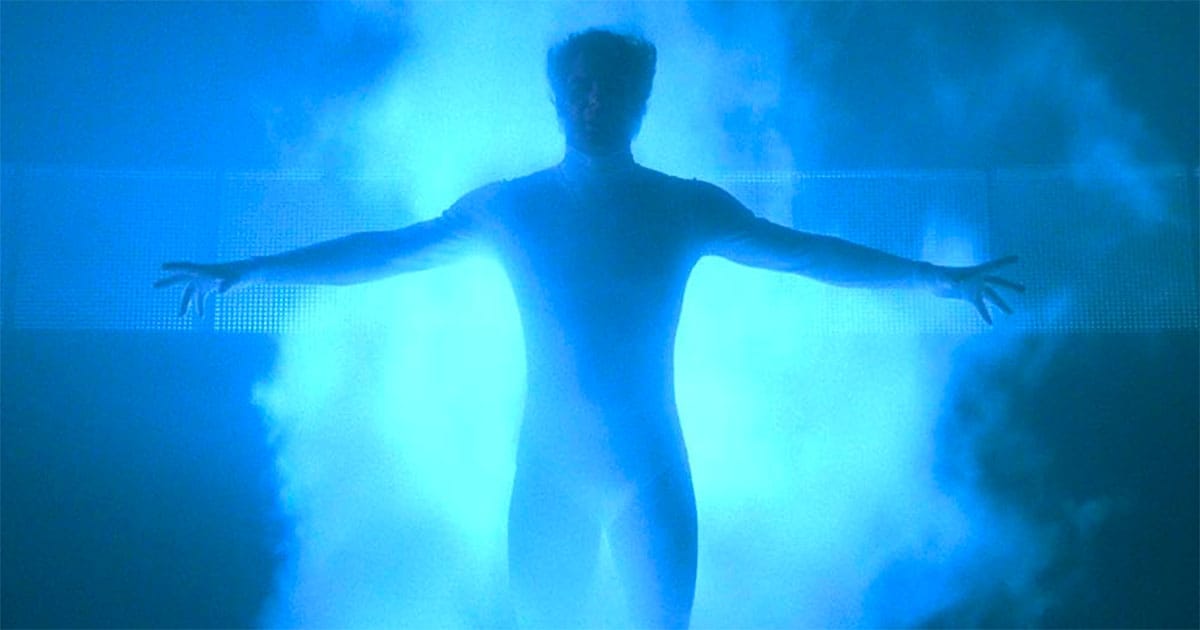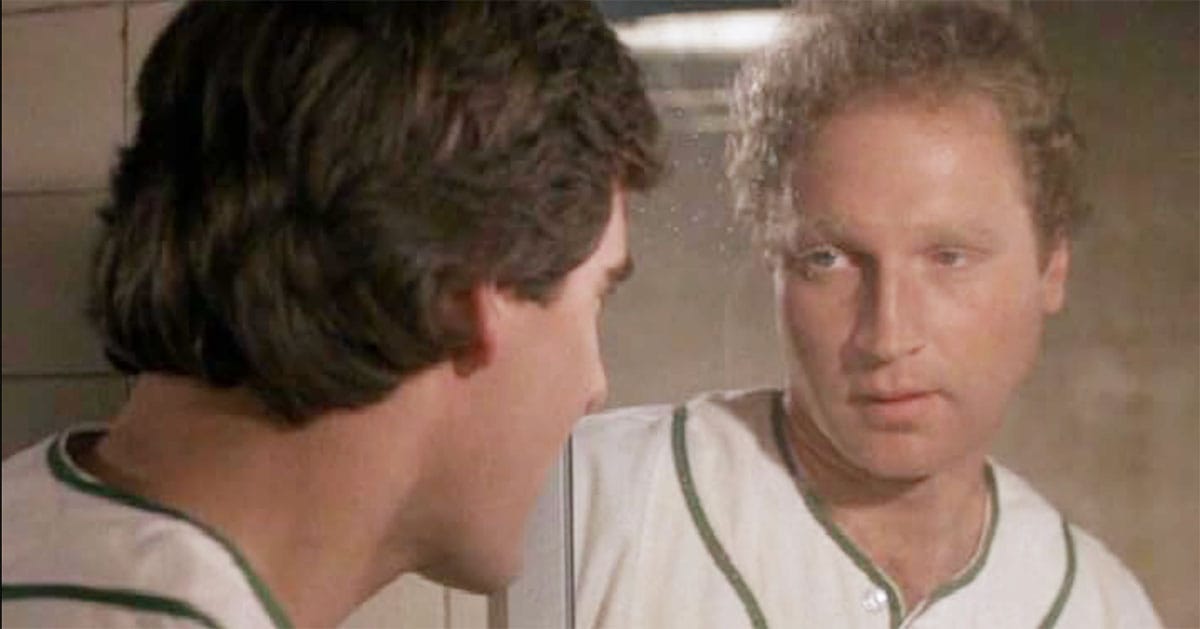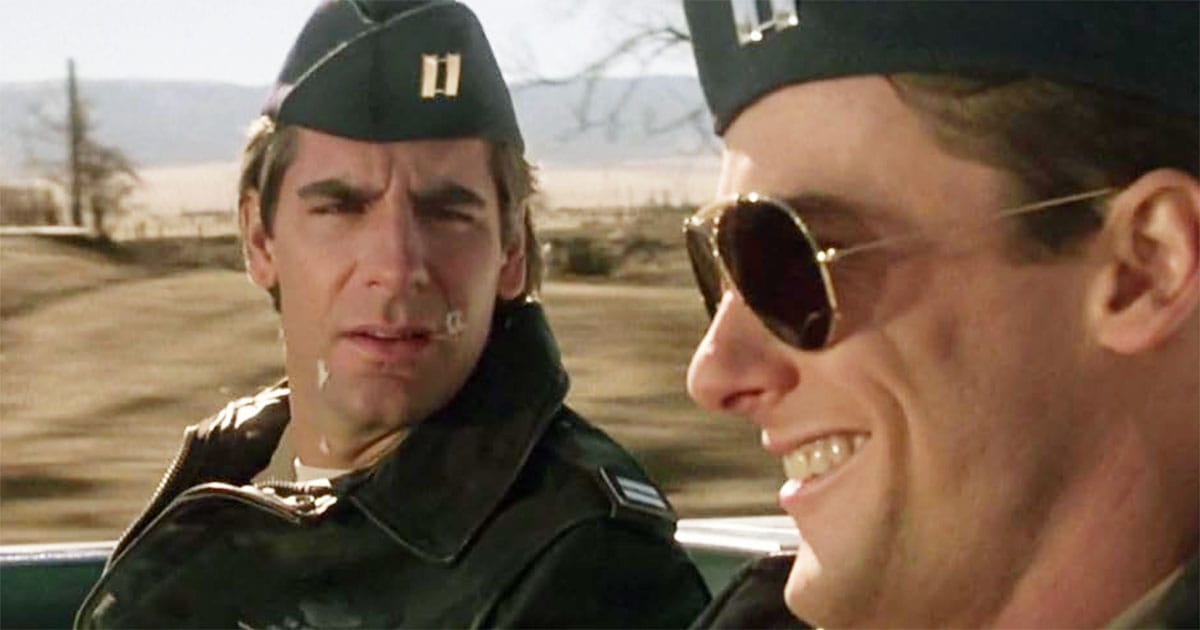"Quantum Leap" and the Mysteries of Time Travel
A reflective look at "Quantum Leap's" debut, exploring time travel's allure and risks in classic sci-fi and its enduring cultural impact.

This Week in Classic Science Fiction — "Quantum Leap" Premieres
This week, we cast our minds back to March 26, 1989—the day NBC first introduced the world to the original "Quantum Leap" series. Starring Scott Bakula as Dr. Sam Beckett, the pilot episode, "Genesis," broke new ground in science fiction television.
In this seminal series, time travel is not just a narrative device but a powerful exploration of destiny, ethics, and the human spirit. Dr. Beckett's leaps into the past invite us to reflect on our own choices and the ripple effects they have on history.
"Quantum Leap" captured the imagination of a generation, blending high-concept ideas with the personal struggles of its lead character. Its portrayal of temporal intervention—both its allure and its perils—set the stage for decades of discussion among sci-fi fans.
For many who grew up during that era, the series remains a touchstone of innovative storytelling, reminding us that while the past is immutable, our interpretation of it is always evolving.
As we celebrate this anniversary, we revisit not only a landmark moment in television but also the timeless debate over the ethics of changing history.
Sponsored by Xylo the Chrono-cat Science Fiction T-Shirt

The chrono-cat sat immobile, its emerald eyes fixed on the swirling chroniton streams rippling across the ruined cityscape. Xylo, they called it, a feline capable of perceiving temporal echoes. Its fur shimmered with borrowed light from a thousand alternate sunsets.

The Allure and Peril of Temporal Intervention
Time travel has long been a fixture of science fiction. It is a narrative mechanism that allows writers and viewers alike to explore alternate realities, question cause and effect, and speculate about the future.
Few series have tackled these ideas with the same nuance as "Quantum Leap." At its core, the show poses fundamental questions about responsibility and destiny. When Dr. Sam Beckett leaps into someone else's life, he is not only a visitor but also an agent of change, forced to navigate the moral complexities of intervening in history.
The allure of temporal intervention is undeniable. The possibility of rewriting personal mistakes, preventing historical tragedies, or even gaining a glimpse into the future can be a tantalizing prospect. However, as "Quantum Leap" demonstrates, the act of changing the past comes with unforeseen consequences. Each leap carries risks that extend far beyond individual lives, potentially altering entire timelines. This duality—a mix of hope and trepidation—mirrors broader cultural debates about progress versus tradition and innovation versus stability.
In many ways, the series reflects a distinctly American optimism tempered by an awareness of responsibility. Dr. Beckett's journey is a quest for redemption and understanding; his leaps serve as metaphors for second chances, a nod to the enduring belief that even a single act of kindness can reshape the future. Yet, the narrative does not shy away from the darker side of such interventions. With every attempt to set right past wrongs, Beckett confronts the possibility that his actions may spawn unintended consequences, a cautionary tale for any would-be time traveler.
This exploration of temporal intervention speaks to a broader narrative found throughout classic science fiction. Writers have long used time travel as a tool to comment on society's values. From the hopeful visions of a better future to the grim warnings of potential dystopias, these stories compel us to examine the interplay between free will and determinism. They invite us to ask whether the power to change history is truly a blessing or a burden—a question that remains as relevant today as it was over three decades ago.

What makes "Quantum Leap" particularly compelling is its grounding in the human experience. Beneath the surface of high-concept science fiction lies a story of personal loss, ethical dilemmas, and the quest for meaning. Dr. Beckett's interventions are not driven by a desire for power but by a deep-seated need to repair broken lives, including his own. In doing so, the show encapsulates the very essence of what it means to be human—our capacity for empathy, our willingness to learn from our mistakes, and our relentless pursuit of redemption.
As you reflect on the legacy of "Quantum Leap," consider the lessons it offers. While the ability to traverse time may remain a fantasy, the underlying message is profoundly real: every choice we make has a ripple effect. In a world where the past shapes our present and our actions today can forge a better tomorrow, the series serves as both an inspiration and a warning. It reminds us that while we cannot change history, we can learn from it, striving to create a future built on the solid foundations of responsibility and compassion.
Ultimately, the debate over temporal intervention mirrors the enduring tension between innovation and tradition—a theme that has long defined classic science fiction. As new technologies emerge and our understanding of the universe deepens, the lessons of the past continue to guide us. Ultimately, it is the courage to face the consequences of our actions—and the wisdom to act with care—that will determine the true impact of our choices.
"Quantum Leap" Facts
- A dual set was used with a clear glass mirror in mirror scenes. Scott Bakula filmed on one side while the actor or actress portraying the leaped character stood on the other.
- Donald P. Bellisario wrote the two-part episode "Lee Harvey Oswald - October 5, 1957 - November 22, 1963" in 1992 after overhearing his children talk about JFK in 1991. He believed Oswald was the lone gunman, basing this view on a conversation he had with Oswald in the late 1950s while both were Marines. Matthew Charles Nelson even portrayed Bellisario in the episode.
- Sam Beckett leaped into the year 1957 seven different times, making it the most frequently featured year in the series.

